Intro Italian- study guide quiz 1
1/72
There's no tags or description
Looks like no tags are added yet.
Name | Mastery | Learn | Test | Matching | Spaced |
|---|
No study sessions yet.
73 Terms
1 in Italian
uno
2 in Italian
due
3 in Italian
tre
4 in Italian
quattro
5 in Italian
cinque
6 in Italian
sei
7 in Italian
sette
8 in Italian
otto
9 in Italian
nove
10 in Italian
dieci
11 in italian
undici
12 in Italian
dodici
13 in Italian
tredici
14 in Italian
quattordici
15 in Italian
quindici
16 in Italian
sedici
17 in Italian
diciassette
18 in Italian
diciotto
19 in Italian
diciannove
20 in Italian
venti
My name is ____.
Io mi chiamo ____.
What’s your name?
Come ti chiami?
Where are you from?
Di dove sei?
I am from America di ____.
Io sono Americana di _____.
You are Italian?
To sei Italiano?
How old are you?
Quanti anni hai?
I am _____ years old.
Io ho _____ anni.
dog
un cane
cat
un gatto
car
un macchine
bike
un bici
brother
un fratello
sister
una sorella
Italian friend
ami ci itaciani
to be
essere
conjugation of essere: I am
io sono
conjugation of essere: you are
tu sei
conjugation of essere: he is / she is
lui è / lei è
to have
avere
conjugation of avere: I have
io ho
conjugation of avere: you have
tu hai
conjugation of to have: he has / she has
lui/lei ha
what does it mean?
che significa?
how do you say ____?
come si dice ____?
I don’t know
non lo so
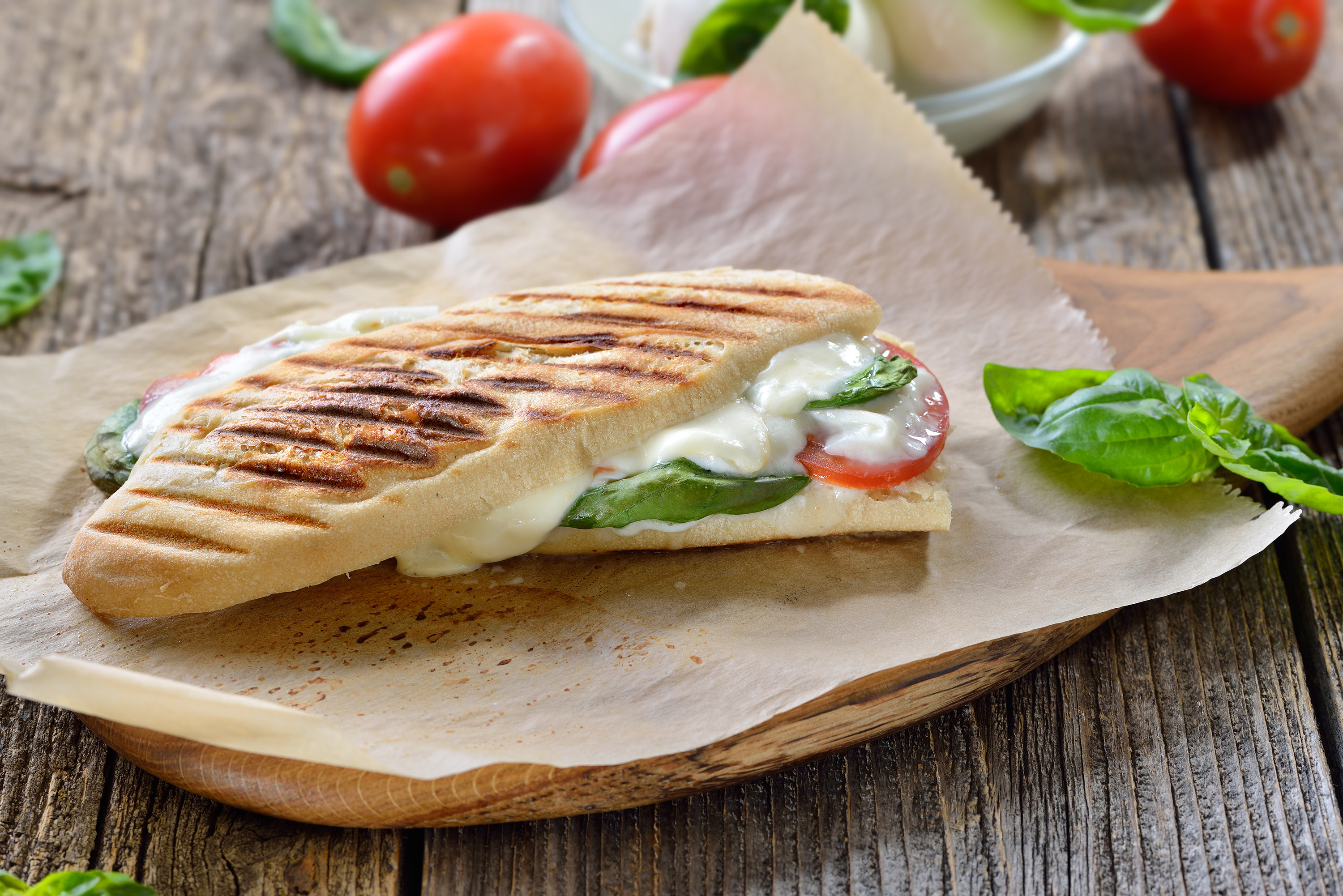
what is this?
panino

what is this?
tè

what is this?
Cappuccino

what is this?
caffe

what is this?
caffe latte
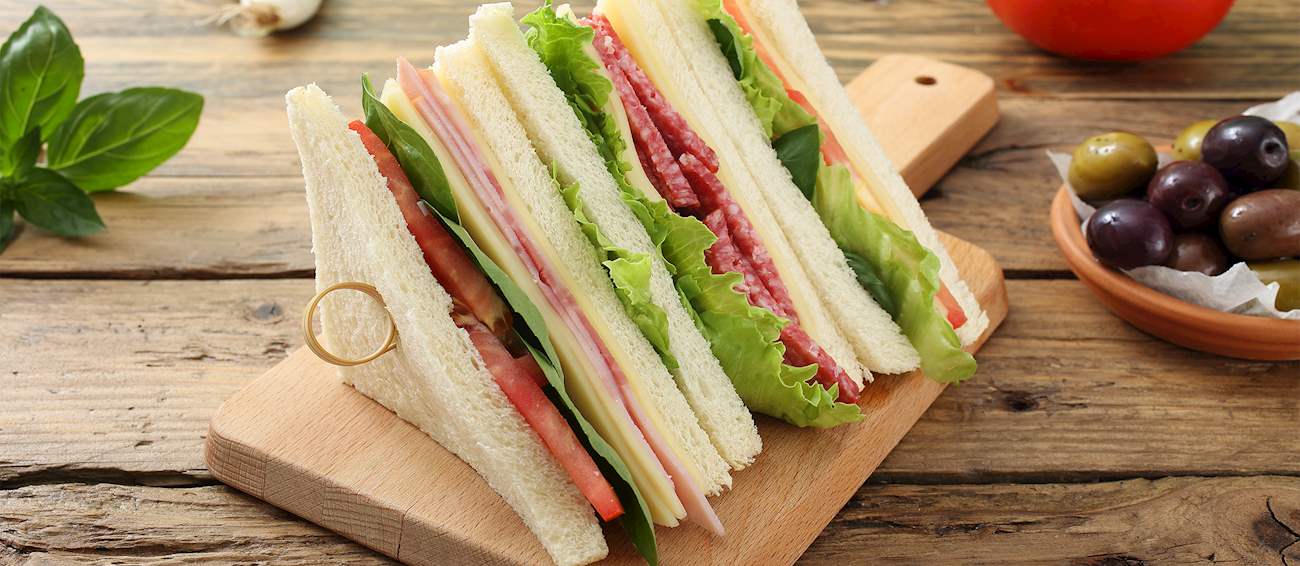
what is this?
tramezzino
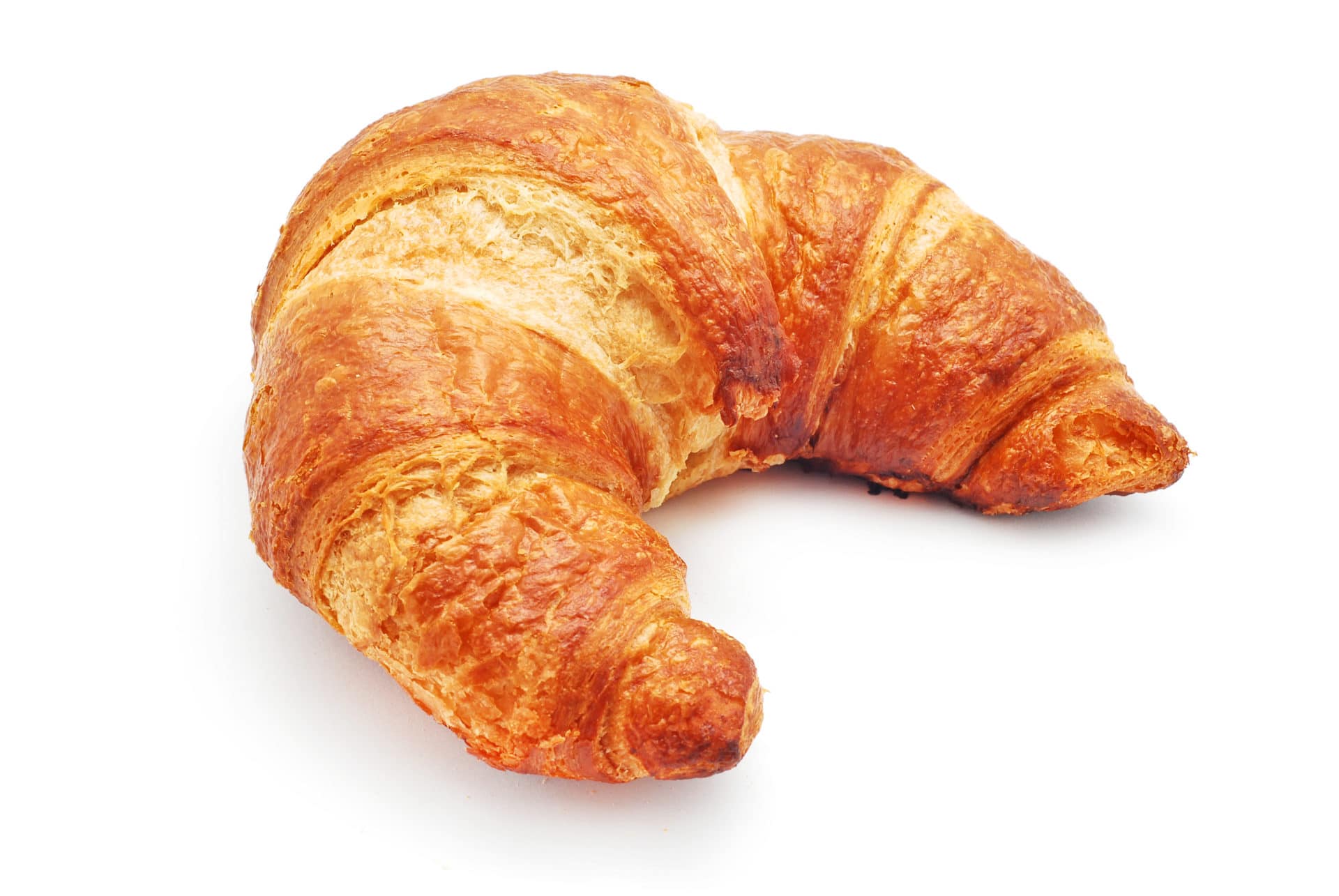
what is this?
cornetto

what is this?
spremuta
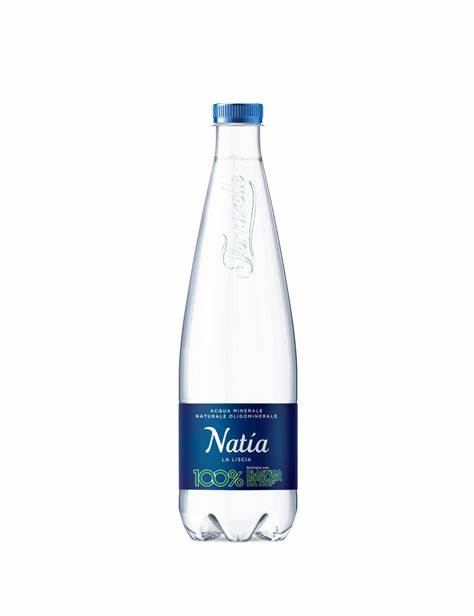
what is this?
agua naturale

what is this?
frulato

what is this?
zucchero

what is this?
suce di fruta

what is this?
bicchiere di vino
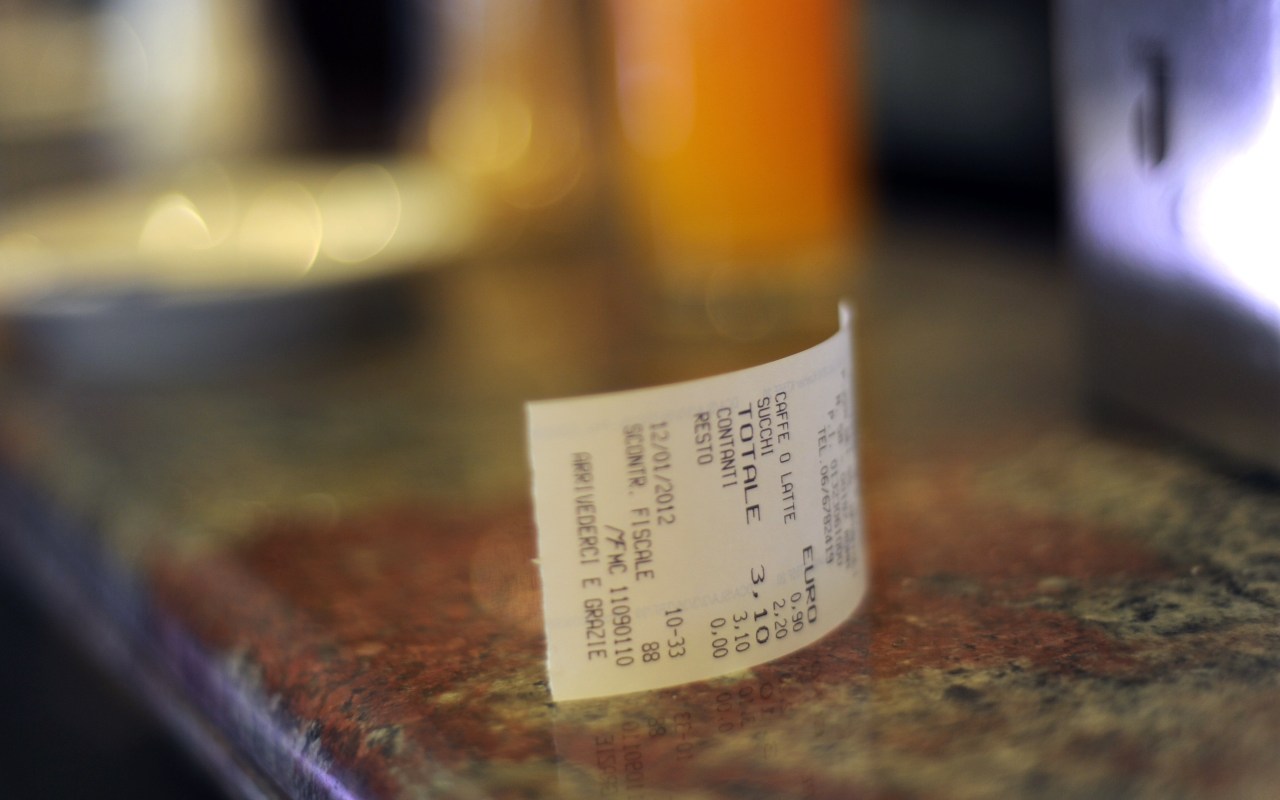
what is this?
scontrino
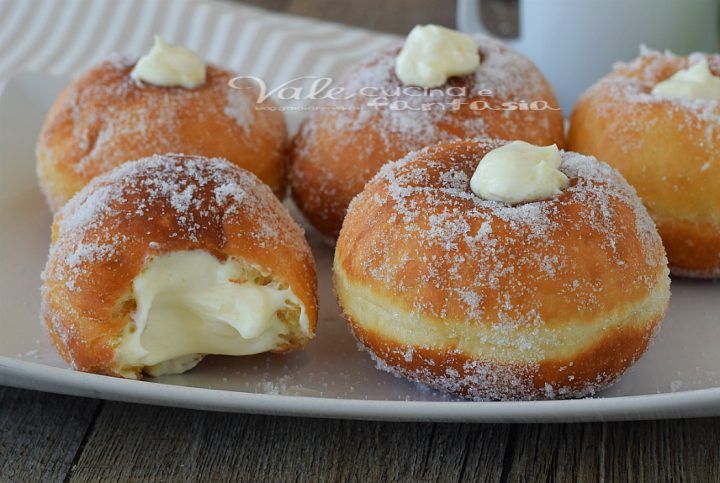
what is this?
bomba con crema

what is this?
ciambella

what is this?
birra all spina

what is this?
aperitivo
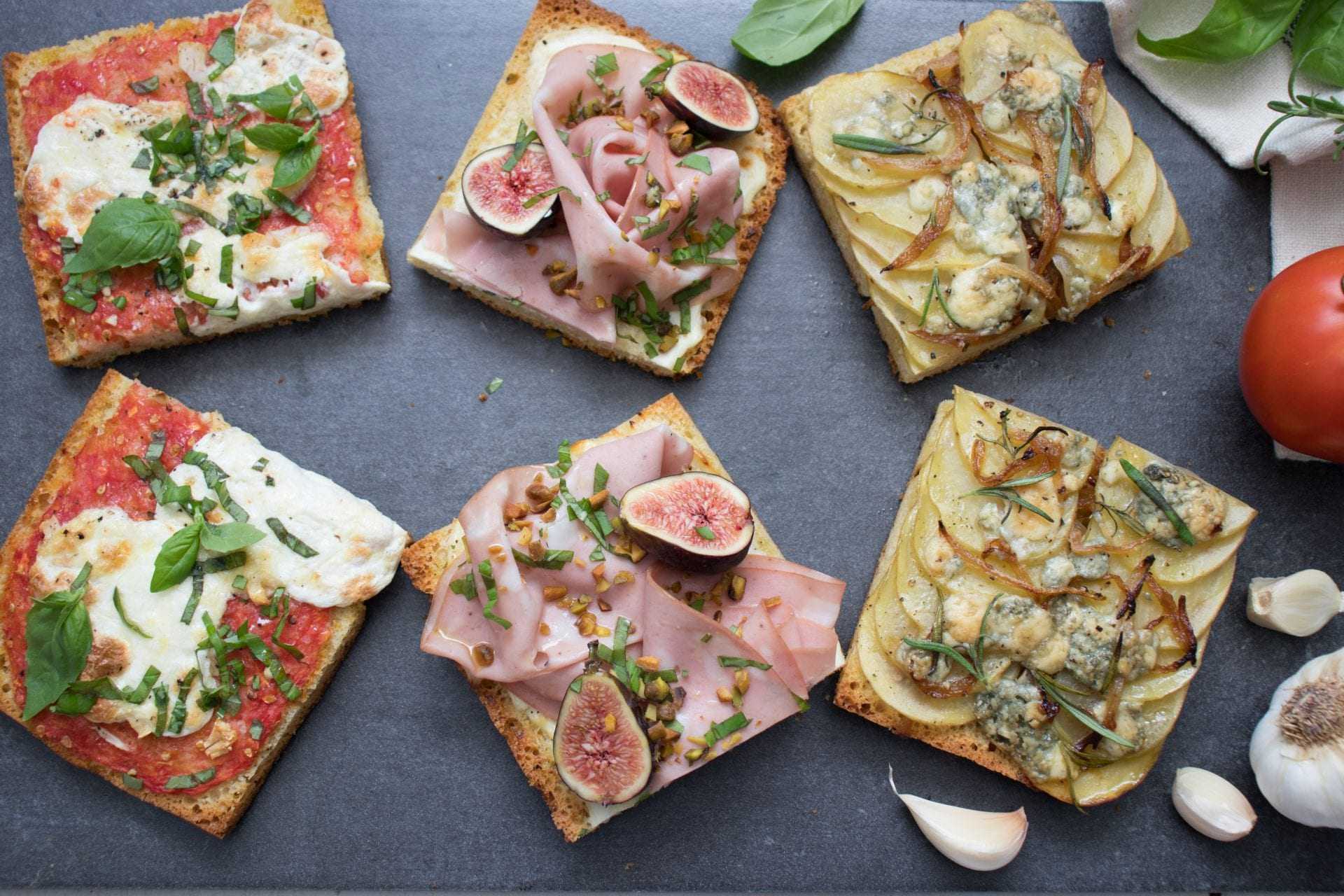
what is this?
pizza taglio
conjugate: Io (abitare) a Roma.
abito
conjugate: Dove tu (lavorare)?
lavori
conjugate: Io (parlare) inglese e italiano.
parlo
conjugate: Io non (lavorare), io (studiare).
lavoro, studio
terms to use to order
posso avere, vorrei, prendo, per me
indefinite article rules: using un, una, un’, uno
Indefinite articles in Italian are used to indicate non-specific nouns. 'Un' is used for masculine singular nouns, 'una' for feminine singular nouns, 'un'' for feminine nouns starting with a vowel or h, and 'uno' for masculine nouns starting with a z or s+consonant.
Rules for adjectives ending O
Adjectives that end in 'o' change to 'a' for feminine singular, ‘o’ for singular masculine, 'i' for masculine plural, and 'e' for feminine plural.
Rules for adjectives ending in E
Adjectives that end in 'e' remain the same for masculine singular, change to 'se' for masculine plural, change to ‘e’ for feminine singular, and change to 'se' for feminine plural.